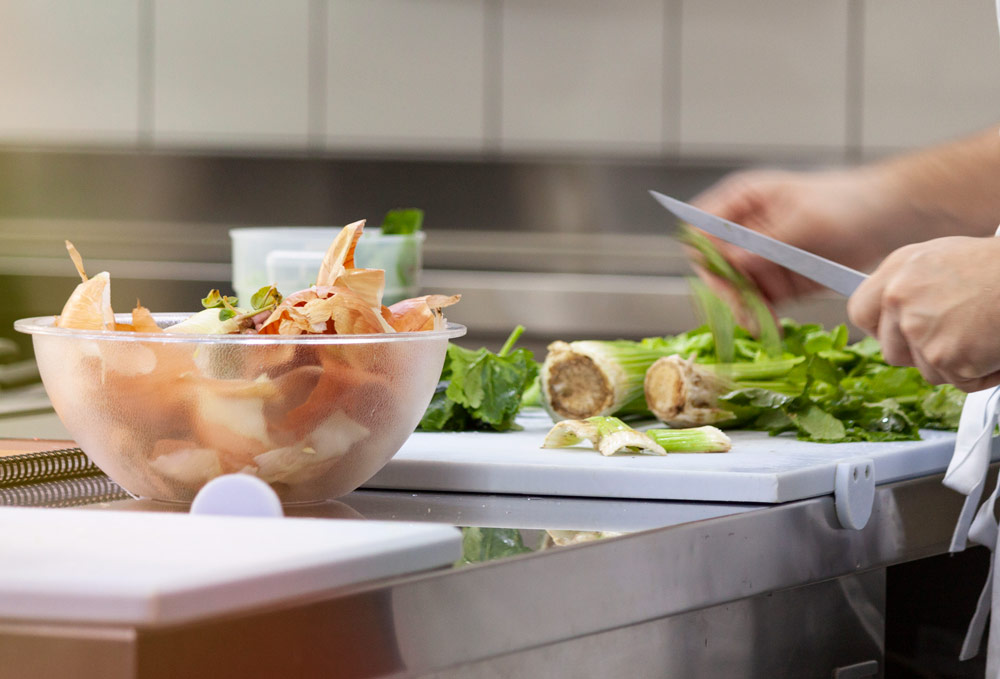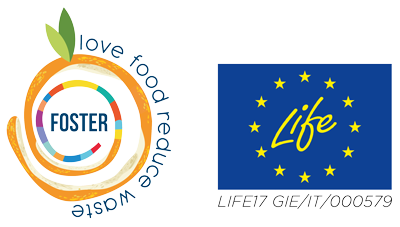The European Commission is taking the issue of tackling food waste very seriously. Reducing food waste has enormous potential for reducing the resources we use to produce the food we eat. Being more efficient will save food for human consumption, save money and lower the environmental impact of food production and consumption. Food waste prevention is an integral part of the Commission’s new Circular Economy Package to stimulate Europe’s transition towards a circular economy which will boost global competitiveness, foster sustainable growth and generate new jobs. To support achievement of the SDG targets for food waste reduction in the EU, the Commission is:
Through the EU Platform on Food Losses and Food Waste, the Commission is analysing in close cooperation with industry, consumer and other NGOs, research institutes and EU countries policy experts how to reduce food waste without compromising food safety, while also discussing options for possible EU actions. Prior to the establishment of the EU Platform, cooperation had been facilitated through the EU countries Expert Group and a stakeholder Working Group on Food Losses and Food Waste. EU Countries In 2014, the Commission established a dedicated Working Group, with experts from Member States, to facilitate the sharing of learning and best practice in food waste prevention. In particular, the working group was set up to help the Commission and Member States to remove, wherever possible, any regulatory barriers or grey zones, existing either at EU or national level, which lead to food waste whilst ensuring safety of food and feed, as well as protection of animal health. Tackling food waste means working together with all stakeholders in order to better identify, measure, understand and find solutions to deal with food waste. There is not one single cause with one solution because the food chain is a complex and dynamic system. All actors in the food chain need to work together to find solutions, from farmers, processors, manufacturers and retailers through to consumers themselves. Other restaurant industry experts, research scientists, food banks and NGOs also play an important role. This is why stakeholders are closely involved in the Commission’s activities on food waste reduction. They contribute to and are consulted on possible options for EU actions in the context of the EU Platform on Food Losses and Food Waste. Read the original article here – [https://ec.europa.eu/food/safety/food_waste/eu_actions_en]
Co-operation with EU member states and stakeholders
Stakeholders
21 enero 2018
EU Actions Against Food Waste


